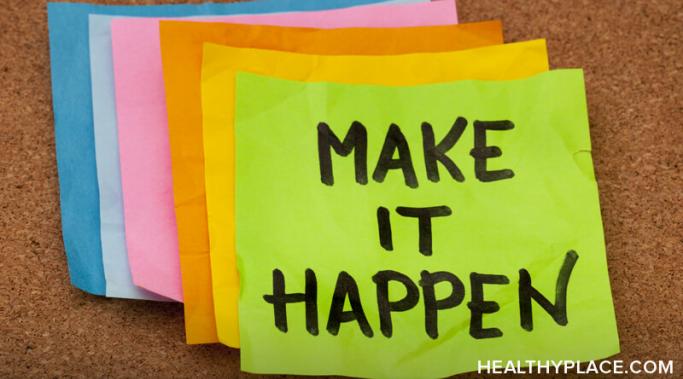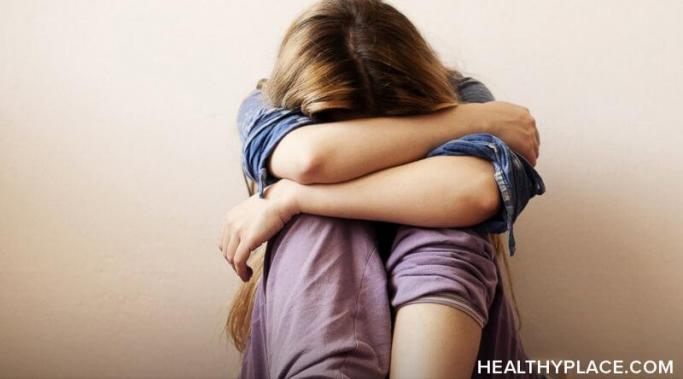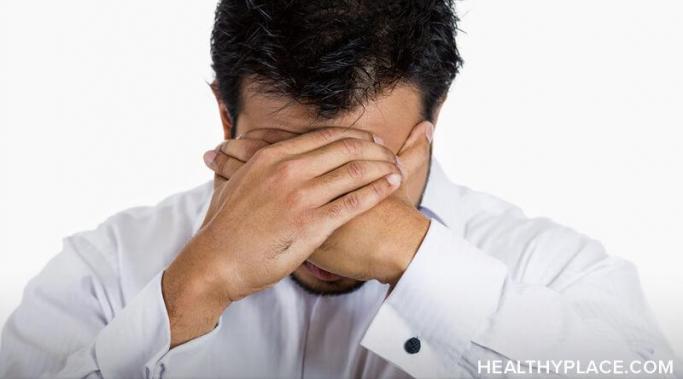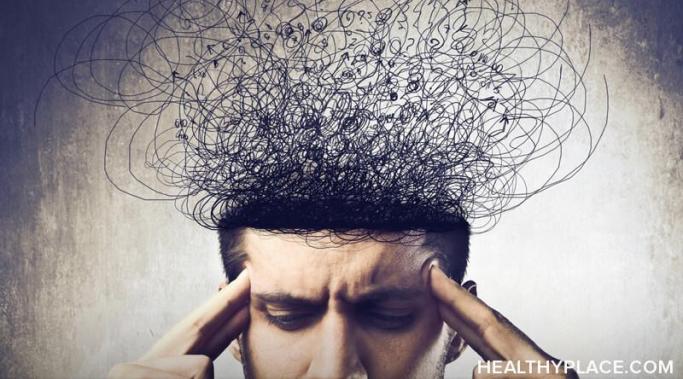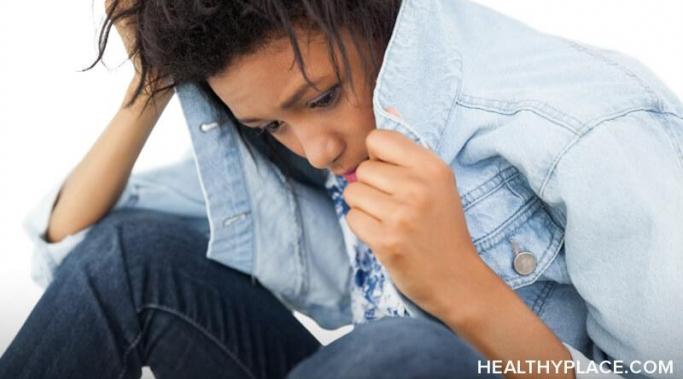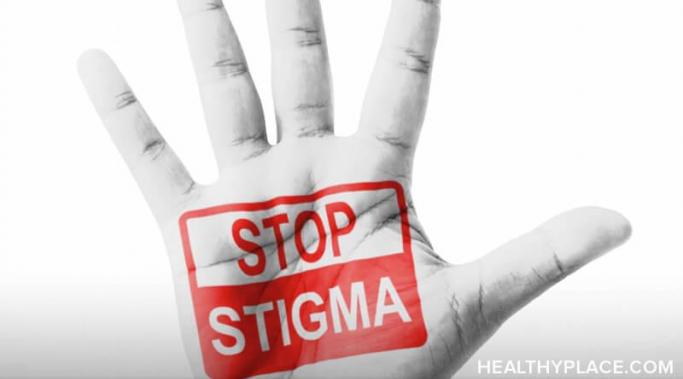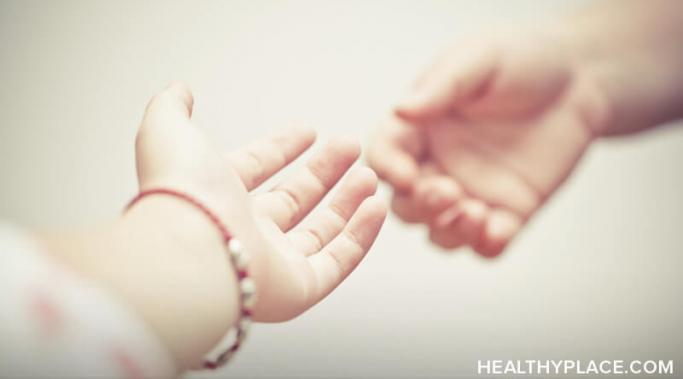I have an idea for a children's book, but anxiety-induced procrastination is in the way. I've been saying for years that I want to write a book, and last week inspiration struck. I am telling you this because I know that if I don't, the idea will remain just that: an idea. And I will continue to be what I've been for years: someone who says they want to write a book, writes a few chapters, then leaves them to gather dust in a long-forgotten folder on a laptop. I am a pathological procrastinator, but I believe I have found a way to tackle my anxiety-induced procrastination and share it here in the hopes that it will help you, too.
Ways to Support Someone With Depression
"Gaslighting" is a form of emotional abuse in which the abuser makes the victim question their perception of reality in order to undermine their feelings and avoid accountability for abusive behavior. It is cruel and inexcusable to deliberately treat another person this way, but is it possible to do it unconsciously? Is it possible to gaslight someone with nothing but good intentions? I believe so. In fact, I believe unconscious gaslighting is a trap into which it is easy to fall when you are caring for a person with a mental illness.
It is often said that relationships are a two-way street — that you get out what you put in. So how do you maintain relationships (platonic, romantic, or familial) when your mental health interferes with your ability to support others? How do you maintain relationships when you are so preoccupied with your thoughts and ruminations that it doesn't even occur to you to check in on the people closest to you? Sure, the odd blip can be forgiven, but in the case of chronic, long-term depression, how do you manage to convince other people to stick around? How do you tell them that you're not selfish, just suffering?
On June 14, Sushant Singh Rajput, a rich and famous Bollywood actor killed himself with seemingly no reason to be depressed. The man was only 34 years old and was on prescription drugs for depression. As we fans grieve, multiple questions are being raised, from the expected to the sensational. And there is one question that is being asked over and over: what drove him to commit suicide? Being rich and famous, he had everything going for him. Surely he had no reason to be depressed in the first place.
The mixture of chaos and depression will increase the longer we continue to face the COVID-19 pandemic. When chaos takes place in our mind, we can have a harder time coping with our depression. I am finding this to be true for myself over the past several days. If you, too, are feeling more chaotic and finding it especially difficult to cope with your depression lately, then let's see if we can figure out some coping strategies that might help.
There are some of us with depression who have experienced trauma during our lives. This trauma may have occurred prior to or after our diagnosis of depression. For those who have been through traumatic experiences, these events can have a profound effect on their depression. Armed with this knowledge, what can those of us with depression -- and those close to people with depression -- do with this information? (Note: This post contains a trigger warning.)
I have a plan to avoid another suicide attempt that came from living with major depression. But it's taken three years since almost losing the war against depression to get it together. I'm so thankful to say that I'm still here and that my suicide attempt failed. That "failure" turned out to be one of my greatest victories. I couldn't see it then, but I certainly see it now. The following thoughts are some reflections on the past three years of my life. (Note: This post contains a trigger warning.)
If you were to ask most people what someone with depression looks like or how someone who has depression might behave, they would likely respond by saying things like, "sad," "crying," "miserable," or "gloomy." While those of us with depression feel these emotions and exhibit these behaviors at times, they certainly don't encompass all that we are. People with depression feel many things over the course of their lives, and it's time to end the stigma and remove the stereotypes associated with depression.
Why do we need to help loved ones with depression during the holidays? While the holiday season takes a toll on everyone to varying degrees, it can be an especially tough time for those of us struggling with depression and other mental health issues. If you have a friend or relative who's struggling, there are a lot of ways — both big and small — to provide just a bit of extra support to help get them through the season.
Discussing our depression can be beneficial; however, we should use discretion when deciding with whom we choose to discuss our depression. We also need to be mindful of how much detail we go into with people. Not everyone can be trusted with the most painful details of the lowest points of our depression.
